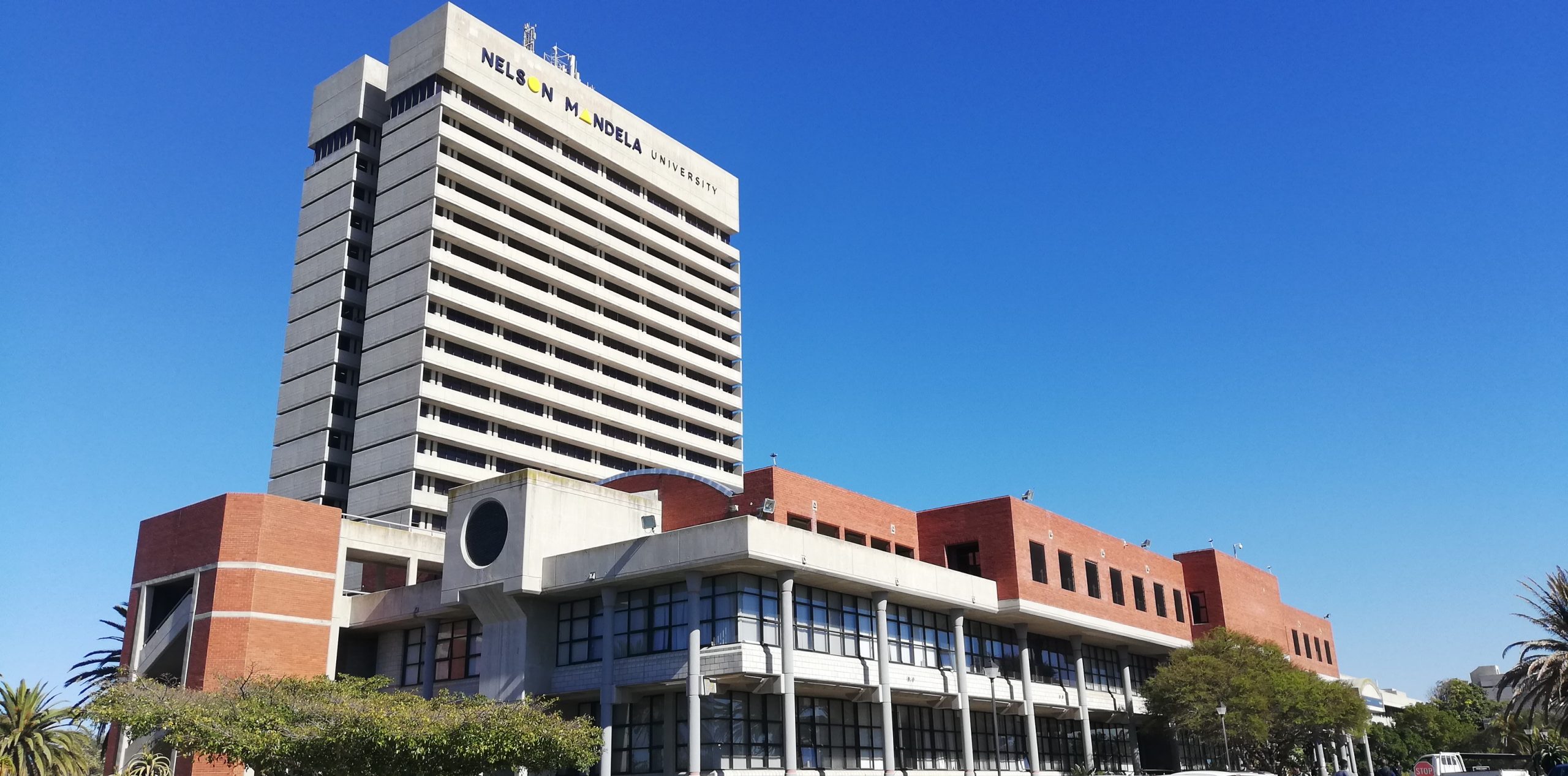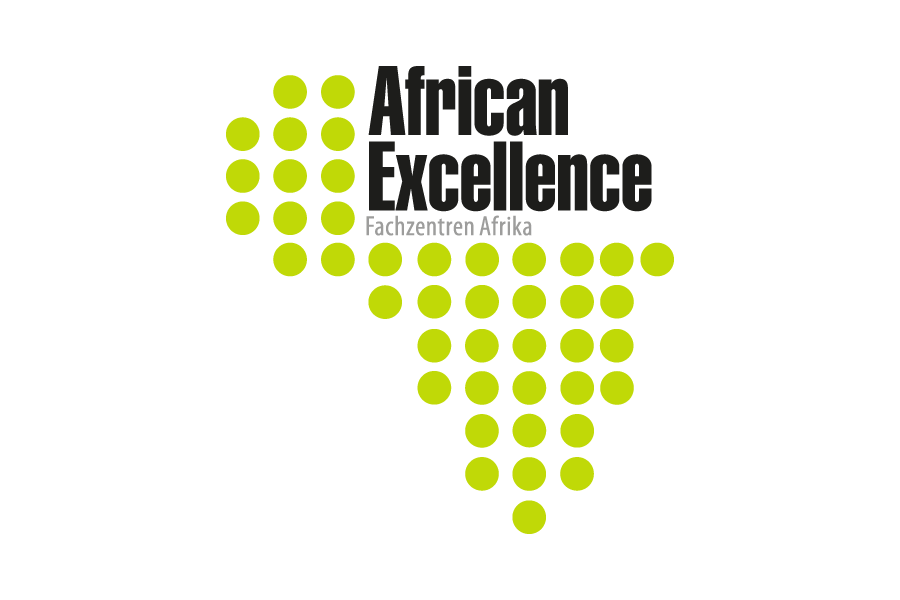

Paul Webb
Paul’s interests lie in the promotion of thinking and reasoning skills and he is passionate about promoting research and postgraduate research supervision in Africa.
Current professional activity
- DIGI-FACE Co-Project Leader Africa – Nelson Mandela University
- CERM-ESA Project Leader – Nelson Mandela University, South Africa
- Distinguished Professor Emeritus – Nelson Mandela University, Port Elizabeth
Slogan about myself
CONTACT
Languages Rating 1-10
Skills and Interests in Keywords
Publications
Education research in African contexts: traditions and new beginnings for knowledge and impact
Introduction by Paul Webb, Editor in chief: The Centre for Educational Research Methodologies and Management in East and South Africa (CERM-ESA) has evolved as an exemplar of collaborative innovation and transformative impact across the African continent. Anchored by the partnership...
Culturally appropriate linguistic responses to taboo issues when teaching biology
Introduction, part of: African teachers of Xhosa culture experience similar inhibitions when talking about sexual reproduction terms and processes in the schools where they teach and have difficulties providing a culturally appropriate response to these challenges. We also know that...
A quantitative study on academic resilience among engineering students at a South African university
Background: Existing literature acknowledges the concept of academic resilience as critical to student success, particularly in challenging fields such as engineering, where some of the highest drop-out and lowest through-put rates have been observed. However, empirical research on resilience remains...
Exploring teacher educator views on place and position of indigenous knowledge in the school curriculum using an indigenous methodology
The authors explored the intricate interplay between traditional wisdom and contemporary education. This study investigated the efficacy of an indigenous methodology with teacher educators. The findings shed light on the potential of indigenous wisdom to enrich and contextualize educational experiences,...
“Asibizi”: teaching human reproduction in rural Eastern Cape schools
The primary focus of this paper is to explore the possible influence of cultural taboos when teaching human reproduction content knowledge by isiXhosa speaking teachers in rural secondary schools of the Eastern Cape, South Africa. Previous studies on Xhosa culture...
The effect of an intervention using GIS-generated geo-spatial data on the promotion of spatial cognition and spatial perspective taking in grade 11 learners
A question asked at the first national conference on the educational applications of geographical information systems (GIS) in Washington 1994, namely what learning does GIS allow that other ways do not and whether teaching GIS at school level is worth...
The effectiveness of brain-compatible blended learning material in the teaching of programming logic
Blended learning is an educational approach which integrates seemingly distinct educational approaches, such as face-to-face and online experiences. In a blended learning environment the classroom lectures can, for example, be augmented with learning material offered in a variety of technologically...
Science education and literacy: imperatives for the developed and developing world
This article explores current language-based research aimed at promoting scientific literacy and examines issues of language use in schools, particularly where science teaching and learning take place in teachers' and learners' second language. Literature supporting the premise that promoting reading,...
Xhosa indigenous knowledge: stakeholder awareness, value and choice
This study investigated a sample of isiXhosa mother tongue-speaking science teachers’, their pupils’, and adult local community members’ awareness of Xhosa indigenous knowledge. It also investigated what aspects of this knowledge they value and think should and could be integrated...
Teaching strategies in language-diverse mathematics classes: a case study.
This study was located in a mathematics classroom in a township school in Port Elizabeth. After an intervention designed to raise awareness of dialogic teaching practices, three teachers introduced exploratory talk, with varying degrees of success, into their mathematics classrooms....



